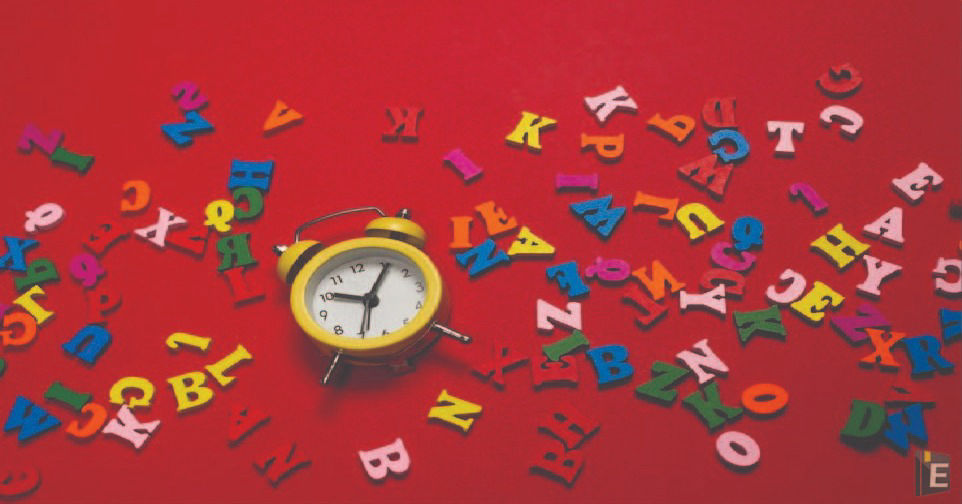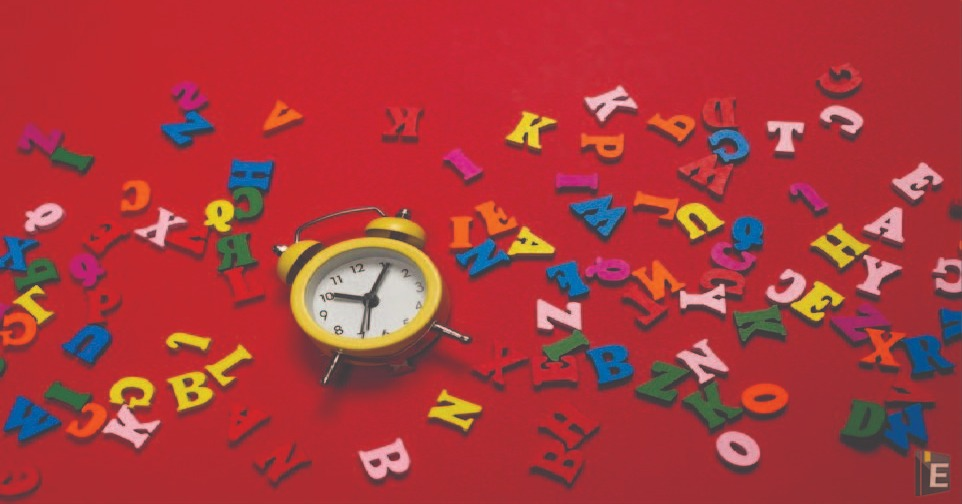


Are you gearing up for the SSC CGL exams? Elevate your preparation with our comprehensive English Grammar Quiz designed specifically for SSC aspirants. This English Grammar Quiz blog is your go-to resource for mastering the intricacies of English grammar, offering a plethora of objective questions that mimic the exam pattern. Each quiz is meticulously crafted to cover key topics, ensuring you build a solid foundation and enhance your problem-solving speed. Plus, detailed solutions accompany every question, providing you with clear explanations and effective learning strategies. Dive in, practice regularly, and watch your confidence soar as you get ready to ace the English section of the SSC exams!
In this article English Grammar Quiz for SSC Exams, we are sharing the latest and important English Grammar Questions related to Narration, Passive Voice, English Grammar topics for those learners who are preparing for upcoming competitive exams.
Also, Read Latest Current Affairs Questions 2023: Current Affairs Today
Test your knowledge and stay ahead with our General Knowledge Mock Test and Current Affairs Mock Test– a perfect way to challenge yourself and stay updated!
Q :
Select the word that can be substituted for the given sentence: "A person who travels to unknown places to find out new things"
(A) Tourist
(B) Explorer
(C) Wanderer
(D) Nomad
An explorer is someone who travels to unknown places in order to discover new things. A tourist typically travels for leisure or sightseeing rather than exploration. A wanderer refers more to someone who travels aimlessly or without a specific destination in mind. A nomad is someone who moves from place to place, often following traditional routes or patterns, rather than exploring unknown territories. Therefore, "Explorer" best fits the description of a person who travels to unknown places to find out new things.
Choose the correct form of the verb: By the time he arrives, we _______ our dinner.
(A) will have finished
(B) have finished
(C) will be finishing
(D) finished
The phrase "By the time he arrives" indicates a point in the future relative to another action. When we use this phrase, we typically use a future perfect tense to indicate an action that will be completed before another future action.
Therefore, the correct answer is a) will have finished.
This choice correctly indicates that the action of finishing dinner will be completed by the time "he" arrives in the future.
Identify the correct sentence:
(A) Neither of the boys were present in the class.
(B) Neither of the boy was present in the class.
(C) Neither of the boys was present in the class.
(D) Neither of the boys is present in the class.
In this sentence, "neither" is used to refer to "boys," which is a plural noun. When "neither" or "either" is used as the subject followed by "of," the verb agrees with the noun immediately following "of." In this case, "boys" is plural, but "neither" requires a singular verb form because it refers to "none" or "not one" of the boys.
Therefore, the correct verb form is "was" (singular), making the correct sentence:
c) Neither of the boys was present in the class.
This sentence correctly matches the singular verb "was" with the subject "neither of the boys."
Select the synonym of the given word: "Obsolete"
(A) Modern
(B) Current
(C) Outdated
(D) Trendy
Therefore, the correct answer is c) Outdated, as it best matches the meaning of "Obsolete."
Identify the part of speech of the underlined word: They worked very hard to finish the project on time.
(A) Noun
(B) Pronoun
(C) Adverb
(D) Preposition
Adverbs modify verbs, adjectives, or other adverbs to provide more information about how, when, where, or to what extent something happens. In this case, "very" modifies the adverb "hard", indicating the intensity or degree of their hard work.
Select the synonym of the given word: "Abundant"
(A) Rare
(B) Scarce
(C) Plentiful
(D) Sparse
"Abundant" refers to something that is available in large quantities or is plentiful. Therefore, "Plentiful" is the correct synonym for "Abundant." The other options (Rare, Scarce, Sparse) have meanings that are opposite to "Abundant."
Fill in the blank with the correct option: He _______ to the market every day.
(A) goes
(B) go
(C) gone
(D) going
The sentence is in the present tense and describes a habitual action (something that happens every day). Therefore, the correct form of the verb "go" for the third person singular (he, she, it) in the present tense is "goes."
Identify the part of speech of the underlined word: She quickly ran to the store.
(A) Noun
(B) Adjective
(C) Verb
(D) Adverb
To determine the part of speech of the underlined word "quickly," we need to understand its role in the sentence.
In this sentence, "quickly" modifies the verb "ran," indicating how she ran.
Therefore, the correct answer is:
d) Adverb
Select the correct indirect speech: He said, "I am going to the market."
(A) He said that he is going to the market.
(B) He said that I am going to the market.
(C) He said that he was going to the market.
(D) He said that he will go to the market.
When converting direct speech to indirect speech, we need to follow certain rules, including tense changes.
The direct speech sentence is: He said, "I am going to the market."
Here's the step-by-step process to convert it to indirect speech:
Applying these rules, the sentence "He said, 'I am going to the market.'" becomes "He said that he was going to the market."
Therefore, the correct option is: c) He said that he was going to the market.
Identify the sentence with the correct punctuation:
(A) I want to buy a new dress, but I do not have enough money.
(B) I want to buy a new dress but I do not have enough money.
(C) I want to buy a new dress; but I do not have enough money.
(D) I want to buy a new dress but, I do not have enough money.
In this sentence, "I want to buy a new dress" and "I do not have enough money" are two independent clauses. When two independent clauses are joined by a coordinating conjunction (in this case, "but"), a comma should be placed before the conjunction to separate the clauses.
Let's break down each option:
Thus, option a) is the correct choice as it follows the proper punctuation rules for joining two independent clauses with a coordinating conjunction.
Examsbook Prep ऐप आज ही प्राप्त करें